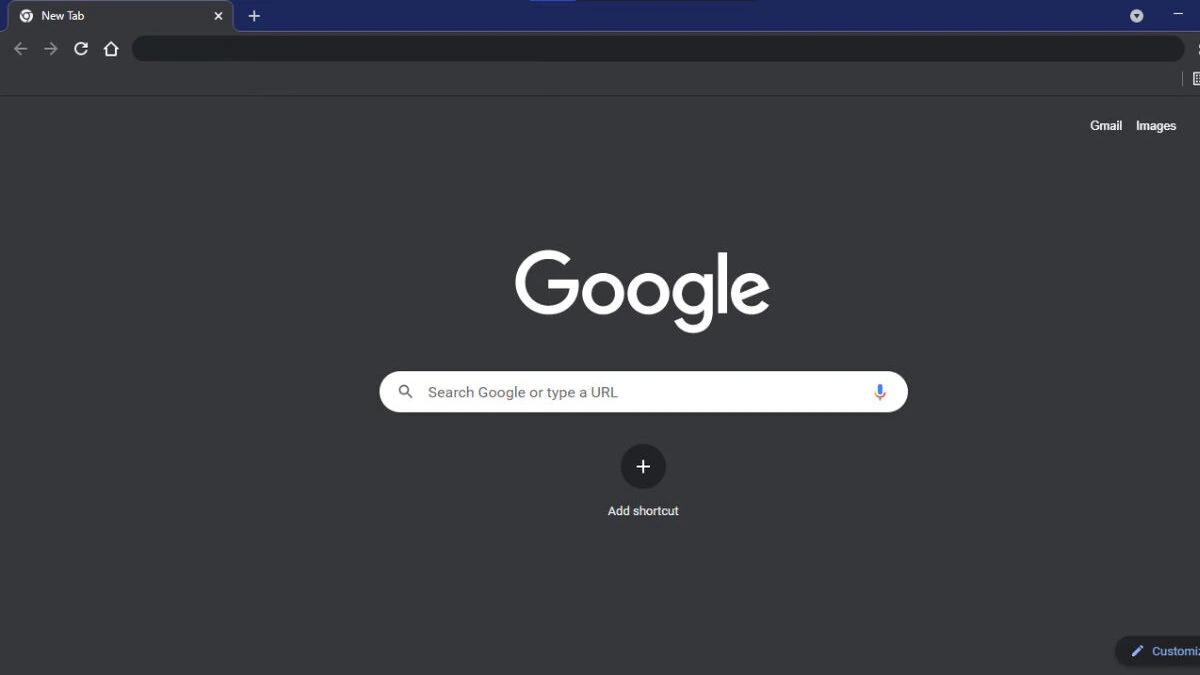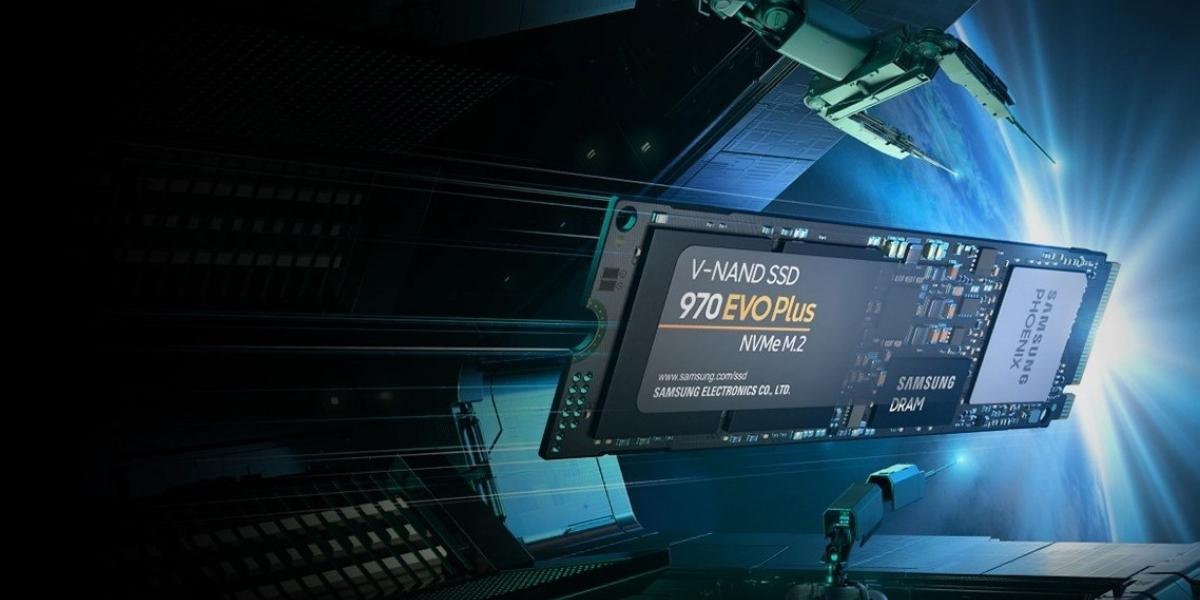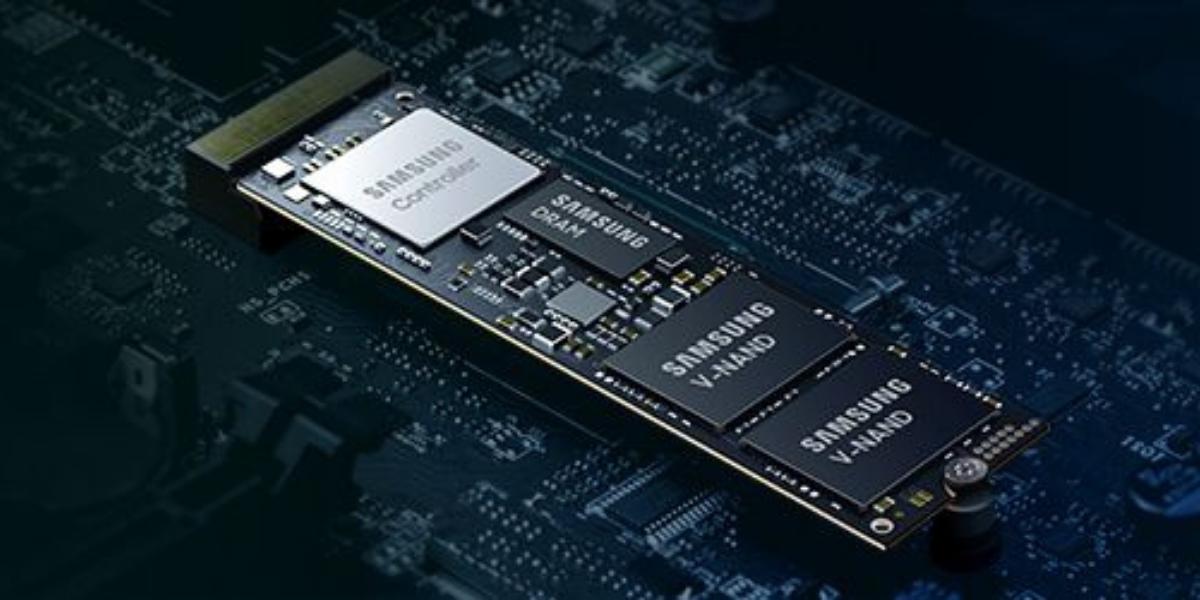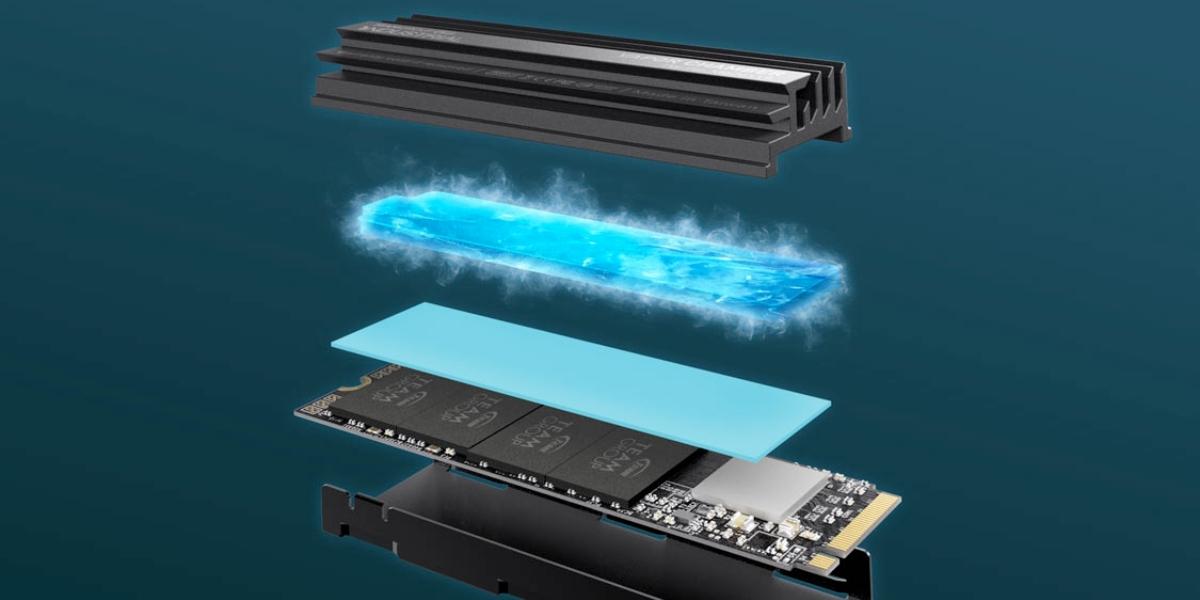
Ah, the bright glow of computer screens. A beacon ...
news-extra-space

 The company was interested in determining whether SSDs are indeed more reliable than hard drives, but the data released in March seemed to indicate that SSDs were experiencing failure rates that were similar to those of HDDs over time, but with a slightly lower annualised failure rate (AFR).
Average SSD lifespan records are on par with hard disc failure rates from 2018 to 2021. With an HDD failure rate of less than 0.66% and an SSD failure rate of zero, Year 1 by far exhibits the lowest failure rates of all. Year two accelerates things in an almost linear pace, with failure rates for HDDs and SSDs rising by about 0.85%.
Both SSDs and HDDs exhibit comparable failure rate curves in years 3 and 4, though SSDs exhibit a lower overall failure rate. This linear increase in failures also occurs in those years. HDDs are still around the 1.8% range in year 4, while SSDs have just barely surpassed the 1% barrier. And suddenly it seems to diverge.
The company was interested in determining whether SSDs are indeed more reliable than hard drives, but the data released in March seemed to indicate that SSDs were experiencing failure rates that were similar to those of HDDs over time, but with a slightly lower annualised failure rate (AFR).
Average SSD lifespan records are on par with hard disc failure rates from 2018 to 2021. With an HDD failure rate of less than 0.66% and an SSD failure rate of zero, Year 1 by far exhibits the lowest failure rates of all. Year two accelerates things in an almost linear pace, with failure rates for HDDs and SSDs rising by about 0.85%.
Both SSDs and HDDs exhibit comparable failure rate curves in years 3 and 4, though SSDs exhibit a lower overall failure rate. This linear increase in failures also occurs in those years. HDDs are still around the 1.8% range in year 4, while SSDs have just barely surpassed the 1% barrier. And suddenly it seems to diverge.
 "At this point we can reasonably claim that SSDs are more reliable than HDDs, at least when used as boot drives in our environment. This supports the anecdotal stories and educated guesses made by our readers over the past year or so," said Andy Klein, Backblaze principal cloud storage evangelist.
He did, however, issue a warning that it is "very certain" that the failure rate of SSDs will soon start to increase once more and that it is probable that at some time, the SSDs used by Backblaze may "hit the wall," maybe when they start to reach their media wearout limits.
Overall, SSDs are performing quite well based on five years of data. When the drives are between six and eight years old, it will be interesting to observe what occurs.
"At this point we can reasonably claim that SSDs are more reliable than HDDs, at least when used as boot drives in our environment. This supports the anecdotal stories and educated guesses made by our readers over the past year or so," said Andy Klein, Backblaze principal cloud storage evangelist.
He did, however, issue a warning that it is "very certain" that the failure rate of SSDs will soon start to increase once more and that it is probable that at some time, the SSDs used by Backblaze may "hit the wall," maybe when they start to reach their media wearout limits.
Overall, SSDs are performing quite well based on five years of data. When the drives are between six and eight years old, it will be interesting to observe what occurs.
Leave a Reply






